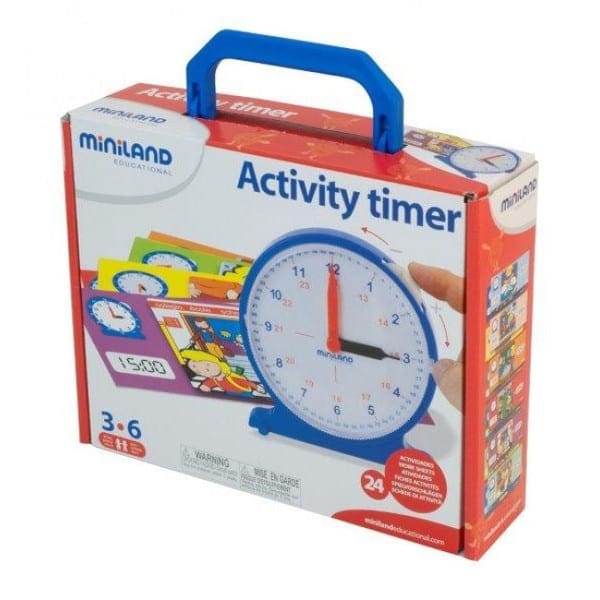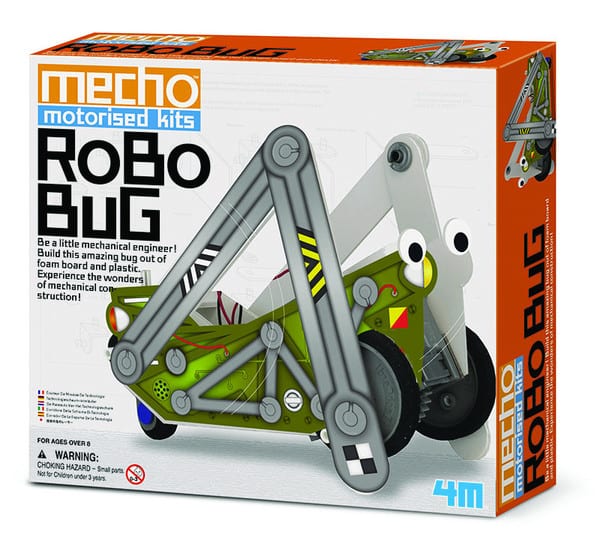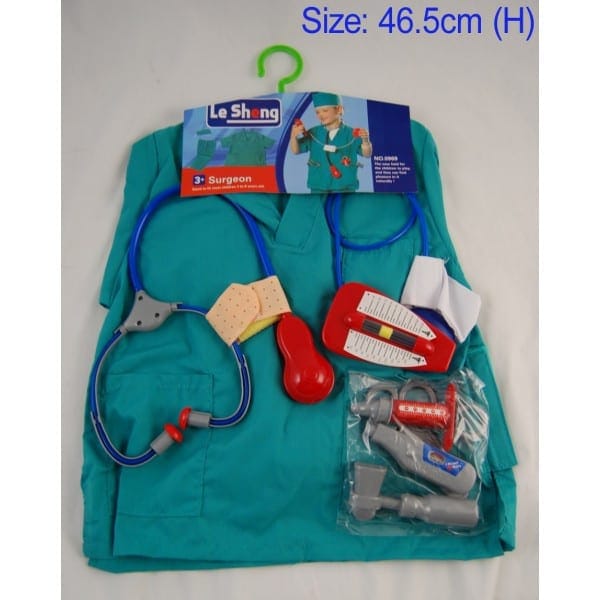You have probably heard a lot of people say that play is good for children. We’re told to encourage play over screen time, for example, and to provide educational toys that will get our children playing and learning at the same time.
Exactly what will your child learn through play though and what exactly is the power of play for children? It might surprise you to know that they will learn a massive amount. No matter what their age, play is not only beneficial, but essential to all children’s learning.
Your child will learn to think
Sure, all children think! However, each time your child engages in meaningful play they will be developing their problem solving skills, imagination and mastery of new concepts. Nothing will give them a better thrill than when they finally build that model construction or circuit board!
Your child will learn to socialise
Learning to play independently is a great skill to have, but as children get older they will also learn the social constructs of playing together. Mastering skills like sharing, turn taking, cooperation and following the ‘rules’ of the game help develop social skills for life.
Your child will learn to talk
Language development is a huge part of learning through play. As children play they are often narrating their game, pointing and naming things, as well as listening to others. All of this builds a child’s vocabulary, story-telling and speech.
Your child will learn to concentrate
The more your child engages in play, the more they learn to concentrate and complete a task. Why? Because when they are playing they are focused, and when they are focused they feel a sense of achievement when they complete a puzzle, building or game. They’ll want to do it time and time again and this will transfer to other areas of their learning too!
Your child will learn to read and write
It sounds a little far-fetched, but play will help your child read and write. Building blocks, peg puzzles, and model building for older children will all help in the development of gross and fine motor skills. These skills then move onto assisting in holding a pencil and writing legibly. Hand-eye coordination that takes place during these tasks assists with being able to read and follow the sentences in a book!




